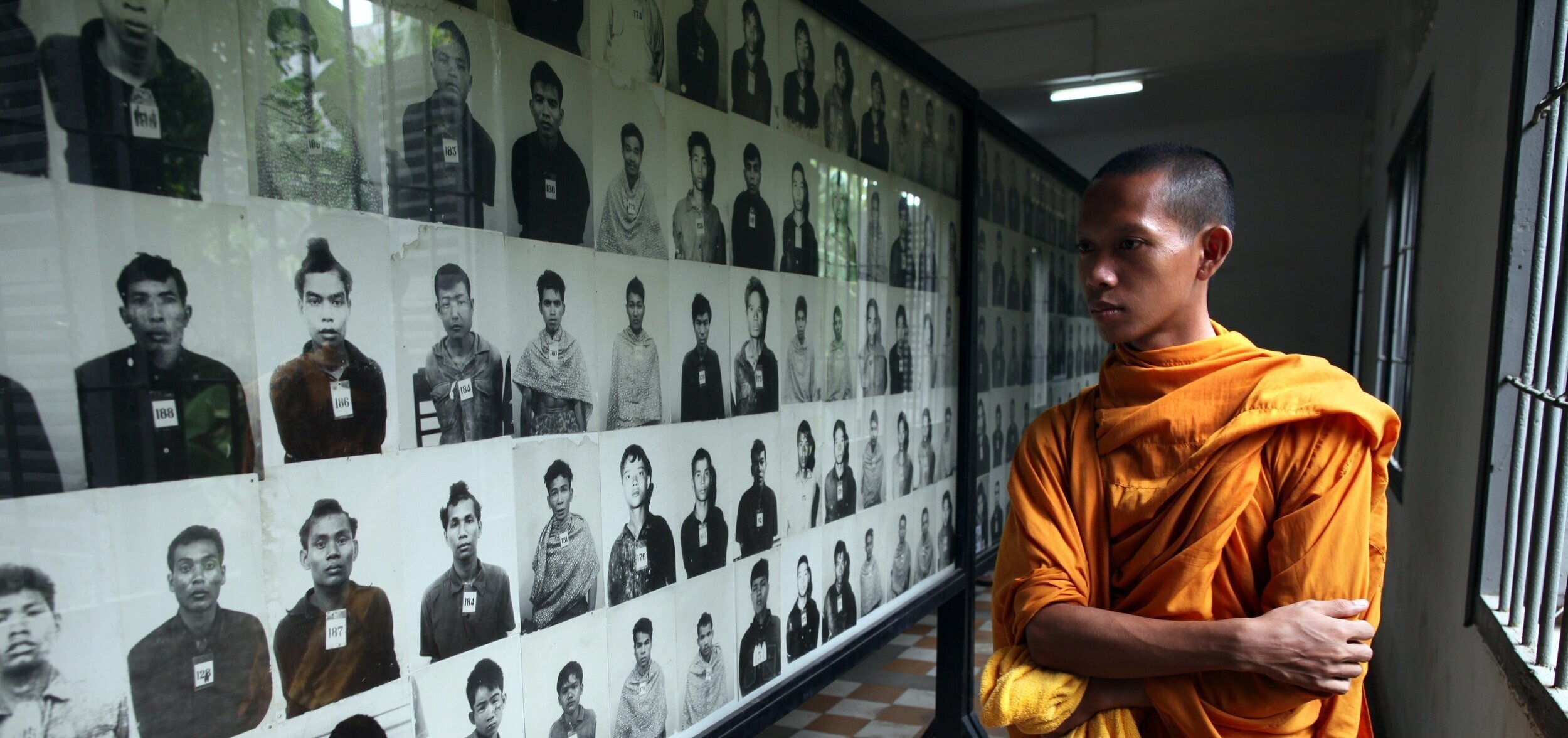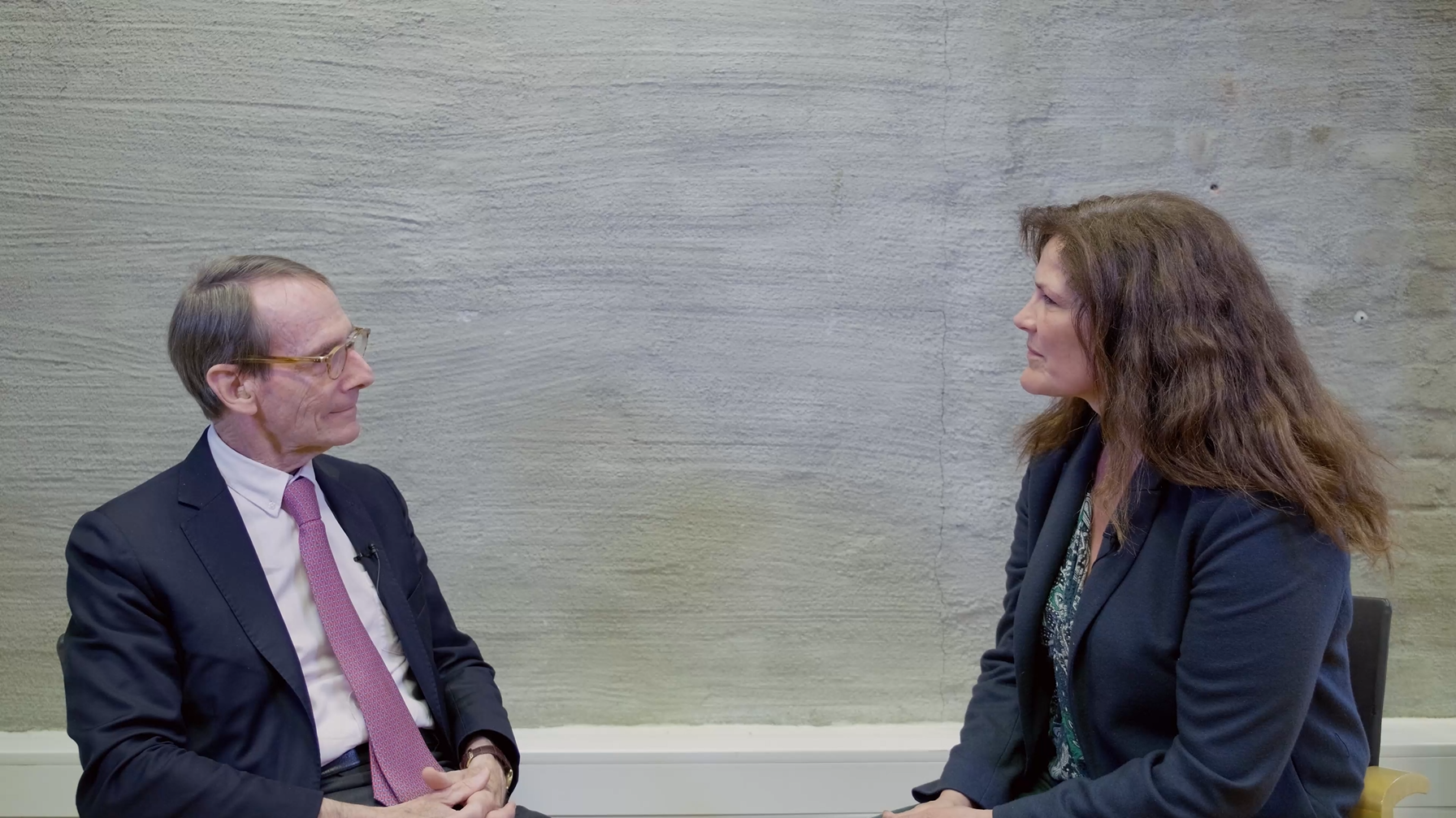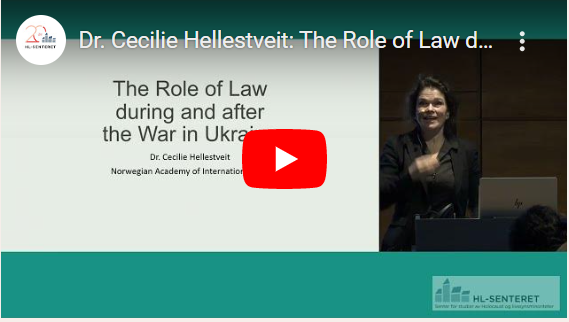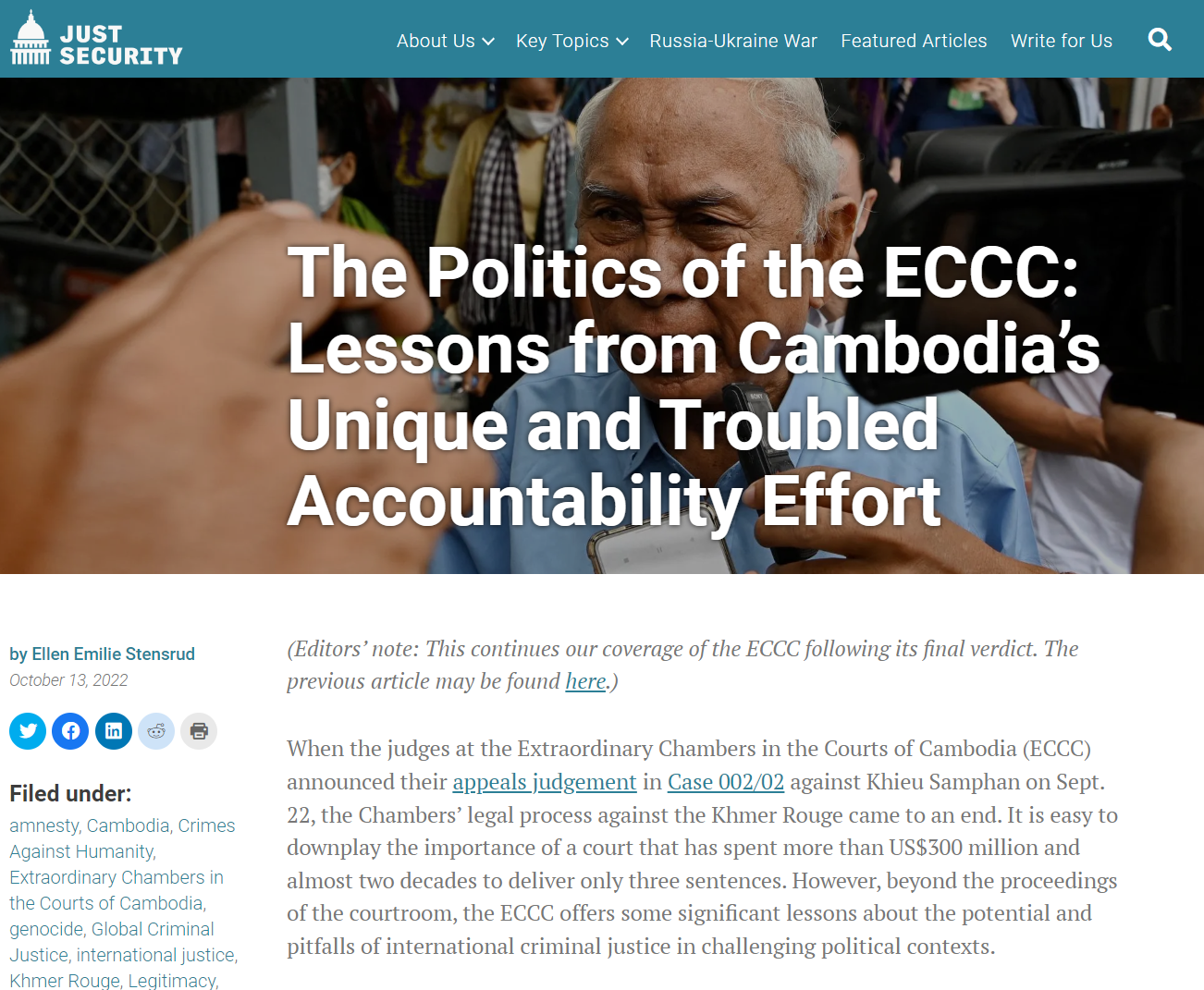
A research blog on genocide and mass atrocity prevention, transitional justice and the political dynamics of mass atrocity crimes.
Interview with Erik Møse, former ICTR President
Following his panel discussion at the June 6th seminar on “Gender, Accountability, and Atrocity Prevention”, former ICTR President Erik Møse agreed to carry out an interview with HL-senteret researcher Ingvill Thorson Plesner. Here Møse expands on the accountability process during and following the Rwandan genocide directed against the Tutsi, as well as the crucial role of gender in the genocide. Here is the full transcribed interview.
30 Years After the Genocide in Rwanda: Gender, Accountability and Atrocity Prevention - Keynote speech by SRSG Pramila Patten
The June 6th seminar by HL-senteret, PRIO, and STK featured a keynote speech by the UN Special Representative of the Secretary-General (SRSG) on Sexual Violence in Conflict Pramila Patten. The SRSG touched upon a lot of pivotal topics, upcoming challenges, and policy recommendations during her keynote, highlighting the crucial role that gender plays for atrocities and their prevention.
30 Years After the Genocide in Rwanda: Gender, Accountability and Atrocity Prevention - Panel session from HL-senteret, PRIO, and STK seminar
This post explores the many lessons and challenges of atrocity prevention raised during the panel session of the seminar on Gender, Accountability and Atrocity Prevention on June 6th, in collaboration with PRIO and STK, commemorating 30 years since the Rwandan genocide directed against the Tutsi.
The Role of Law during and after the War in Ukraine
In this keynote speech, Dr. Cecilie Hellestveit addresses the role of law in the war in Ukraine. Dr. Hellestveit examines the international legal frameworks and mechanisms of relevance during the conflict, as well as those that will become applicable after capitulation.
The ECCC: Lessons from a Complicated Transitional Justice Effort
In September, the Extraordinary Chambers in the Courts of Cambodia (ECCC) announced the last judgement in the trial against the former Khmer Rouge leader Khieu Samphan, marking the end of the legal process against the Khmer Rouge. The tribunal has been a complicated, yet significant transitional justice effort. In this article in Just Security, Ellen E. Stensrud explains why




